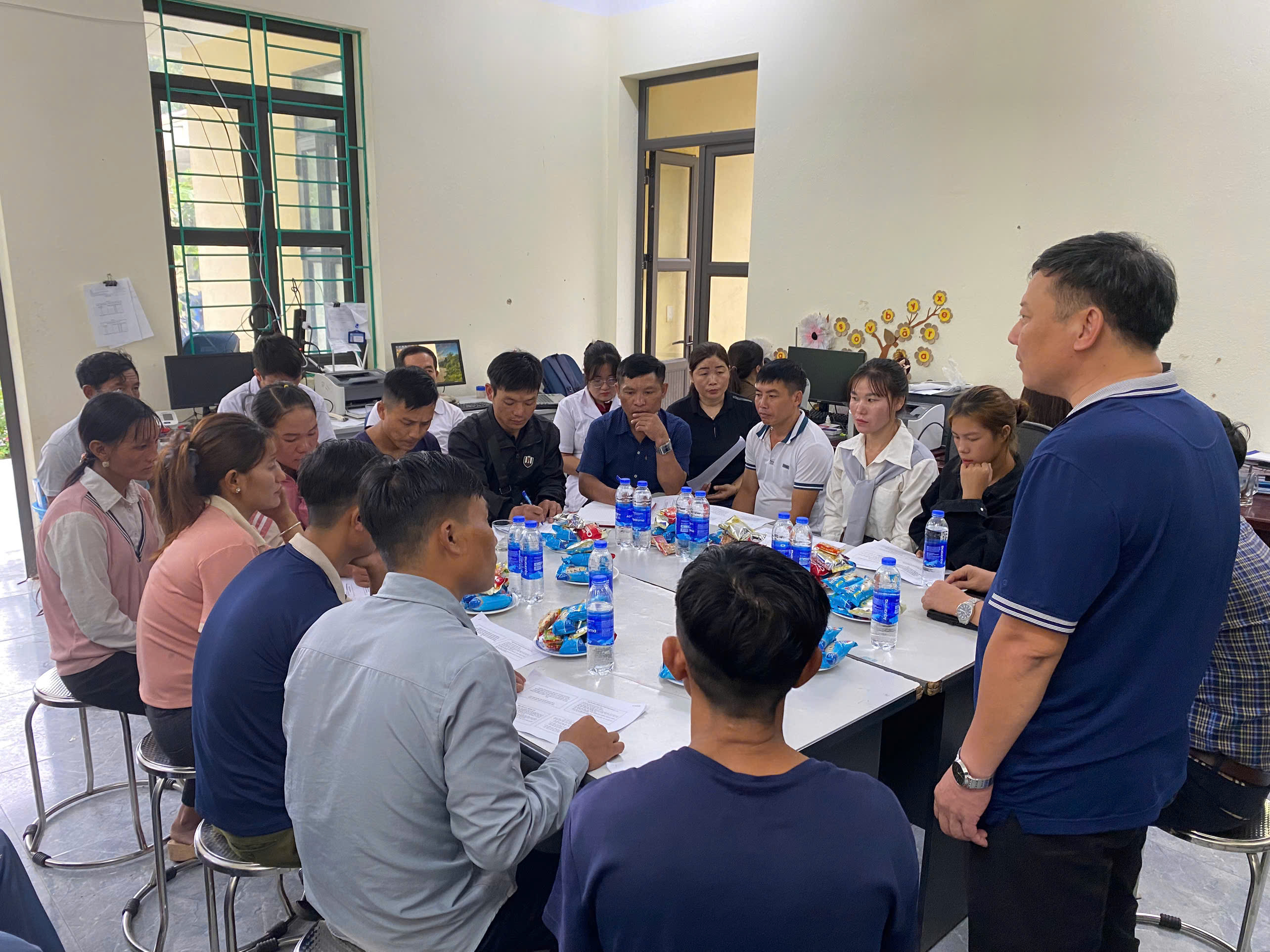
With all eyes focused on the Ebola crisis in West Africa, few may have noticed a new tipping point in the response to another global health threat: malaria.
With about 200 million people still contracting the disease each year, the drug used as the first line of defence throughout the world could become ineffective within a few years. This could potentially trigger a significant rise in malaria-related deaths, serious economic impacts and immense human suffering.
At the heart of the problem is growing resistance to the drug artemisinin, the mainstay of treatment worldwide for the most dangerous form of malaria. Signs of resistance were first reported in western Cambodia, and the problem has now also been identified in Laos, Myanmar, Thailand and Vietnam.
The numbers of malaria cases in these areas are relatively low, but experts predict that if artemisinin resistance was to take a hold on the Indian subcontinent the consequences could be incalculable. The gains of over two decades of global struggles against malaria could possibly be undone and hundreds of millions of dollars in investment squandered.
Current headlines describing the consequences of hesitation in response to infectious diseases offer some timely advice. Asia must launch an urgent, all-out offensive against malaria and its drug-resistant form, or suffer the after-effects for years to come. Collective, high-level engagement of governments across the Asia-Pacific region is essential, as well as that of key malaria partners and funders.
Attention is turning to the ninth East Asian Summit (EAS), to be held next week in Nay Pyi Taw, the newly built capital of Myanmar. With the agenda yet to be finalised, health experts are pushing for recognition by the region's leaders that malaria poses more than just a health threat — if unchecked, it could quickly become a drag on regional economic development.
Australia and Vietnam are leading campaigners in the anti-malaria cause. They will be urging colleagues attending the summit to collectively adopt an ambitious, yet feasible target: complete elimination of the disease in Asia-Pacific in the next 15 years.
Prime Minister Tony Abbott of Australia and Prime Minister Nguyen Tan Dung of Vietnam are co-chairs of the Asia-Pacific Leaders Malaria Alliance (APLMA), a first-of-its-kind grouping of heads of government devoted to battling malaria. The alliance, hosted by the Asian Development Bank (ADB), is focusing on tackling the problem of shrinking financial support for the malaria effort and on improving access to the highest-quality malaria medicines.
Myanmar, as the current chair of Asean and host of the forthcoming East Asia Summit, has a pivotal role in setting the agenda of the Nay Pyi Taw gathering. While Asean economic integration — scheduled for next year — is likely to dominate discussions, Myanmar is expected to show that after years of isolation, it is also now emerging as a regional leader in the fight against malaria.
And with good cause. Of the countries in the Greater Mekong Sub-region, Myanmar has the highest overall malaria burden. The disease is highly endemic across the country, especially towards the eastern and western border areas. At the same time, the emergence of artemisinin resistance along the Myanmar–Thailand border is proving to be an unwelcome obstacle in efforts to bring the disease under control.
The fact that resistance to artemisinin has extended from its presumed point of origin, at the Thailand–Cambodia border, to as far west as Myanmar is a particular cause for concern. If resistance reaches India, as has happened with previous front-line antimalarial medicines, the task of controlling its global spread will be exponentially more difficult.
Myanmar's malaria response has been vigorous, including through the Myanmar Artemisinin Resistance Containment (MARC) initiative, which focuses on malaria case detection and management in hard-to-reach areas, and scaling-up of rapid diagnostic tests. Nevertheless, Myanmar also knows that Asia — and the global health community— is looking towards next week's summit as an opportunity to accelerate the regional response to this rapidly evolving threat.
By Dr Benjamin Rolfe, Executive Secretary of Asia Pacific Leaders Malaria Alliance (APLMA)
Remarks: The article was published in Opinion column, Bangkok Post, 8 November 2014. View original source.
.svg)









